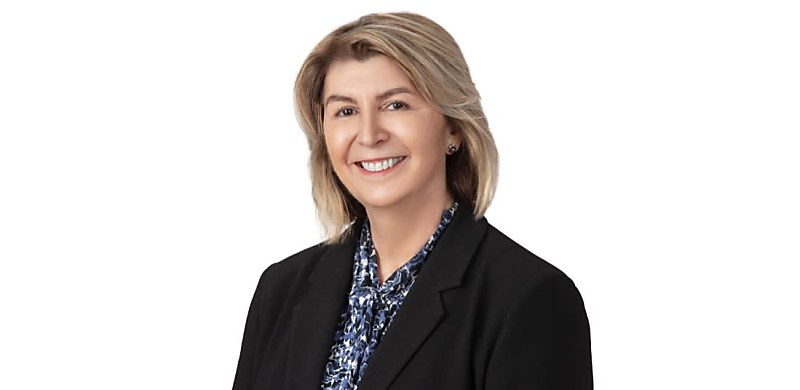
The cost of housing has been ranked as the second-highest ethical dilemma in Australia, according to a new report.
The affordability of housing has been named as the country’s second-largest ethical challenge, according to the 2025 Ethics Index from the Governance Institute of Australia, a national membership association that advocates for government and risk management professionals.
According to the 2025 Ethics Index Report, released today (29 September), the rising cost of living/impacts of inflation (including on housing and healthcare), were the top ethical challenges of the year (at 56 per cent of those who responded).
The rising cost of supermarket groceries was highlighted as the most unethical and growing issue, but housing was also regarded as being closely tied to these pressures, with affordability concerns reflecting broader unease about access, equality, and fairness in daily life.
The report included responses from 1,000 people over July-August 2025 to identify what they believe to be the top ethical challenges of the future.
It found that housing affordability was the second-highest ethical challenge identified (39 per cent), underscoring the depth of unease about access and fairness in the housing market.
The Governance Institute noted that Australians increasingly view access to housing as a fairness issue, highlighting that the housing crisis has become not just an economic problem, but a deeply ethical one.
While concern about the cost of living and housing had reduced marginally since 2024 (down 4 and 5 points, respectively), both remain near the top of the national agenda.
Commenting on the issue, the chair & president of the Governance Institute, Pauline Vamos, said housing affordability is no longer just a policy concern, but a test of governance, accountability and ethical leadership.
“Housing affordability isn’t just an economic challenge, it’s a question of fairness, dignity and opportunity. When people can’t access safe, secure housing, it undermines the foundations of community wellbeing and social trust,” she said.
Looking across the different age cohorts, affordability and cost pressures seem to weigh especially heavily on younger Australian adults (Gen Z), many of whom face barriers to entering the housing market.
“Housing affordability is a governance issue because it reflects the values embedded in our systems. When access to shelter becomes a privilege rather than a right, it’s a failure of ethical leadership,” Vamos said.
“Australians are asking who is accountable, and what kind of society are we building.”
After rising costs of living and housing affordability, the main ethical challenges were the ‘increasing use of artificial intelligence’ (29 per cent), cyber security breaches and privacy protection (26 per cent), and then the economy and the rate of unemployment (21 per cent).
According to the index, over half of Australians (52 per cent) reported experiencing a personal ethical dilemma, with financial matters among the most common.
When asked about the ethics of the banking, finance, and insurance sector, mortgage brokers were seen as being neutral.
Respondents rated the ethical behaviour of mortgage brokers as being neither ethical nor unethical, with a score of +9 (down 1 point on 2024) – the same score as funds managers. Brokers were perceived as being less ethical than bank managers (+15), financial planners (+22), tax agents (+22), and accountants (+37).
Overall, the Ethics Index held steady at 43 in 2025, suggesting that while concern remains high, Australians are also resilient in their ethical outlook.
The findings around housing affordability come as house prices continue to escalate.
Housing affordability for first home buyers sits at its lowest since at least 1995, as house prices continue to climb to record highs.
First home buyers in Australia now take more than eight years on average to save a deposit, as entry-level home prices are rising faster than premium properties, particularly in Perth, Brisbane, and Adelaide.
Mortgage repayments have reached 54 per cent of household income, while stagnant stamp duty brackets have increased the tax burden, pushing home ownership rates for those under 34 to historic lows. Despite government schemes and innovative lending options, many aspiring buyers are turning to investment properties or ‘rentvesting’ to enter the market amid record-high prices and shrinking affordability.
Despite the expansion of the Home Guarantee Scheme, expected to support first-time buyers and cut the time needed to save for a deposit, an increasing number are considering investment properties over owner-occupied homes, or ‘rentvesting’, as their entry point into the property market to overcome affordability challenges.
[Related: First home buyer affordability woes worsening: Domain]

